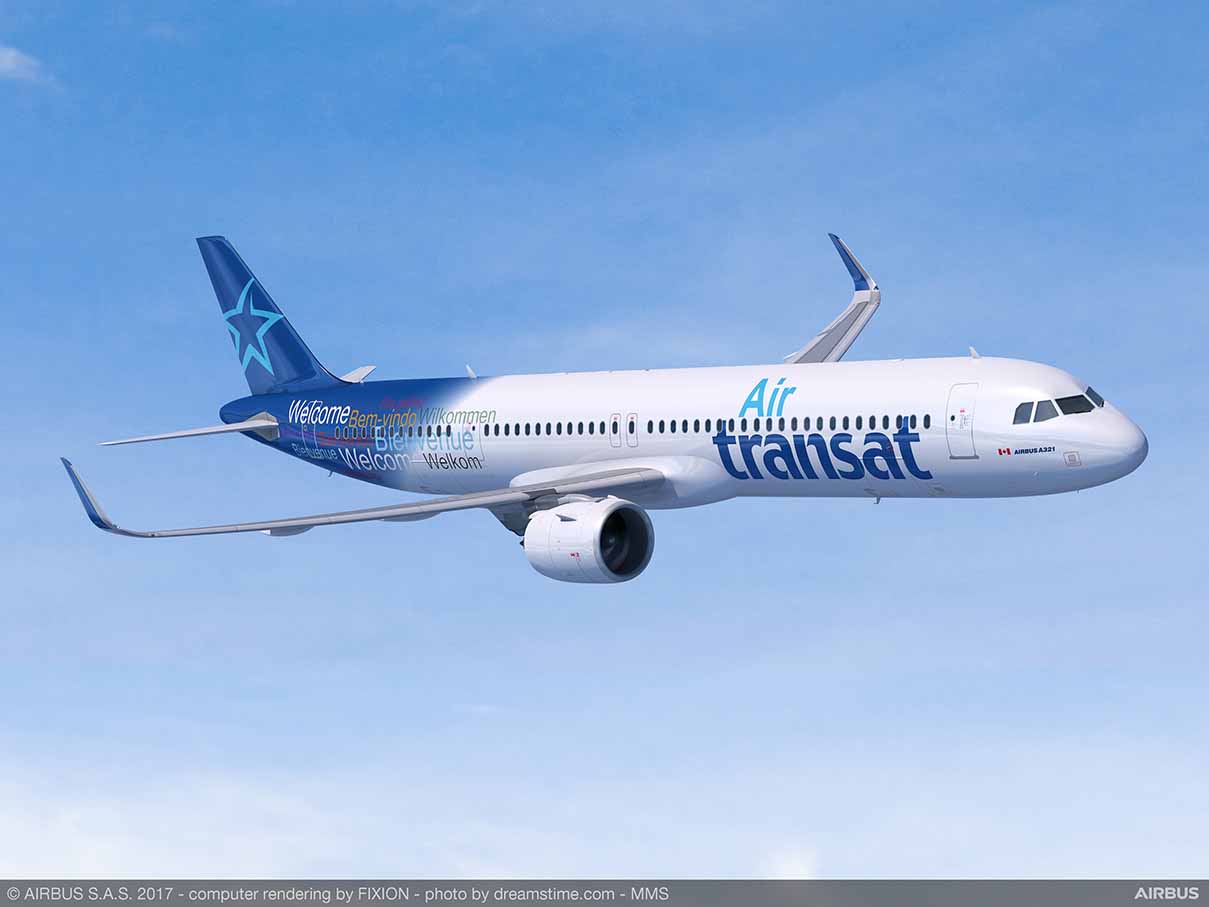Transat - operating as carrier Air Transat - has reported on December 12, 2024, a surge in profits in the fiscal fourth quarter of the year, ending October 31, 2024.
Profits totalled C$41.2 million ($29.1 million) for the quarter, or C$1.05 ($0.74) per share. It is a marked improvement on the same period last year, which totalled C$3.2 million ($2.3 million), or C$0.08 ($0.056) per share. In addition, revenues climbed 3.2% to C$788.8 million ($556.3 million) in the quarter. Adjusted EBITDA in the quarter was C$123.3 million ($86.9 million), compared to C$89 million ($62.8 million) last year.
The company said the strong results reflected higher traffic and lower fuel costs.
“Our results point to a more disciplined competitive environment as reflected by slightly better yields on a sequential basis,” said Transat CEO Annick Guerard.
In addition, the company said its results were supported by compensation received from Pratt & Whitney related to grounded aircraft as a result of GTF engine issues over the past two years. The compensation agreement was valued at C$33.6 million ($23.7 million).
The company closed the sale and leaseback of three Pratt & Whitney GTF engines valued at C$87.5 million ($61.7 million), which will be used to finance operations.
“We improved our liquidity position through the sale and leaseback of four GTF engines from Pratt & Whitney, including three agreements that closed before the end of fiscal 2024,” said Transat chief financial officer Jean-Francois Pruneau.
The company generated a negative free cash flow of C$102.2 million ($72.1 million), compared to a negative free cash flow of C$83.8 million ($59.1 million) in the fourth quarter last year.
Transat's full fiscal year revenues totalled C$3.3bn ($2.3bn), up 7.7% compared the fiscal year previously. Adjusted EBITDA for the year totalled C$193.6 million ($136.5 million), compared to C$263.3 million ($185.6 million) last year. Net loss for the fiscal year totalled C$114 million ($80.4 million), widening from C$25.3 million ($17.8 million) a year prior.
The company said the widening losses were attributed to economic uncertainty, overcapacity across the industry, the GTF engine issues affecting revenue management, and strike threats impacting the winter season.

